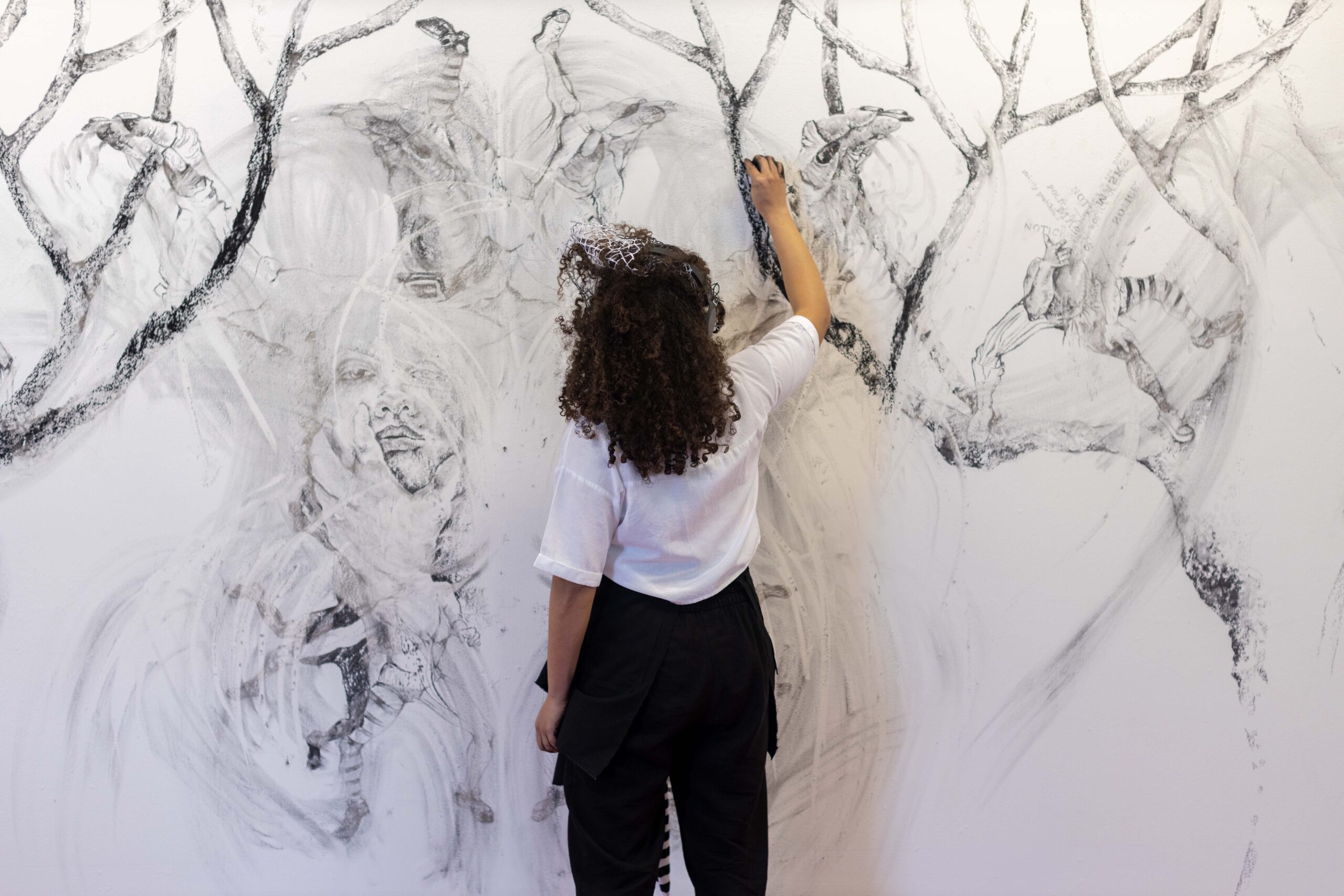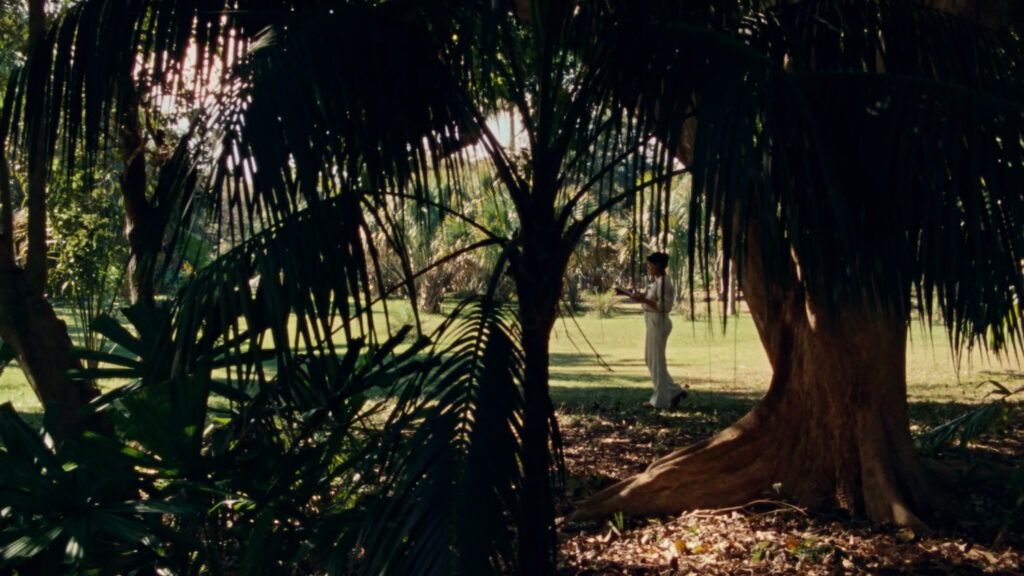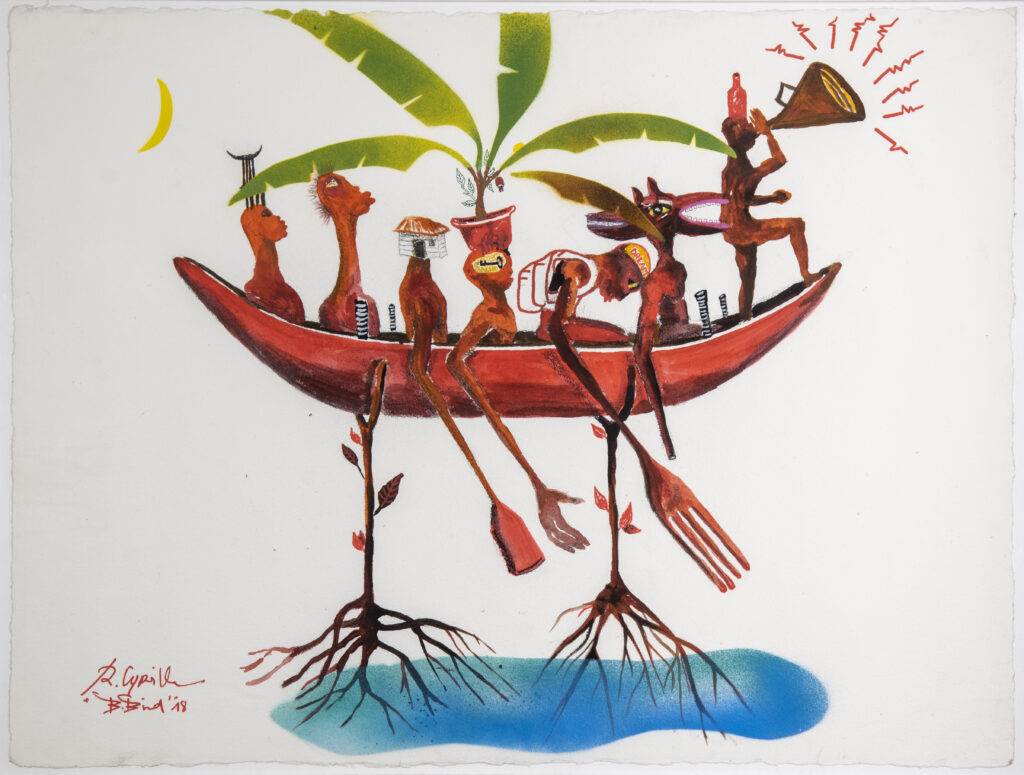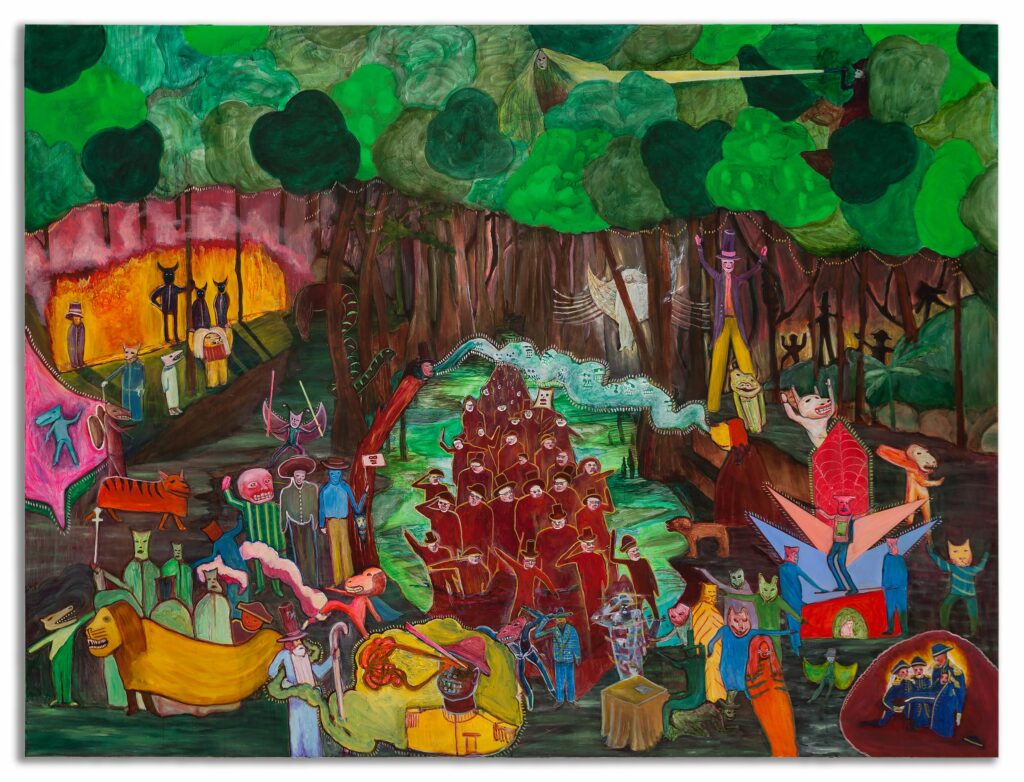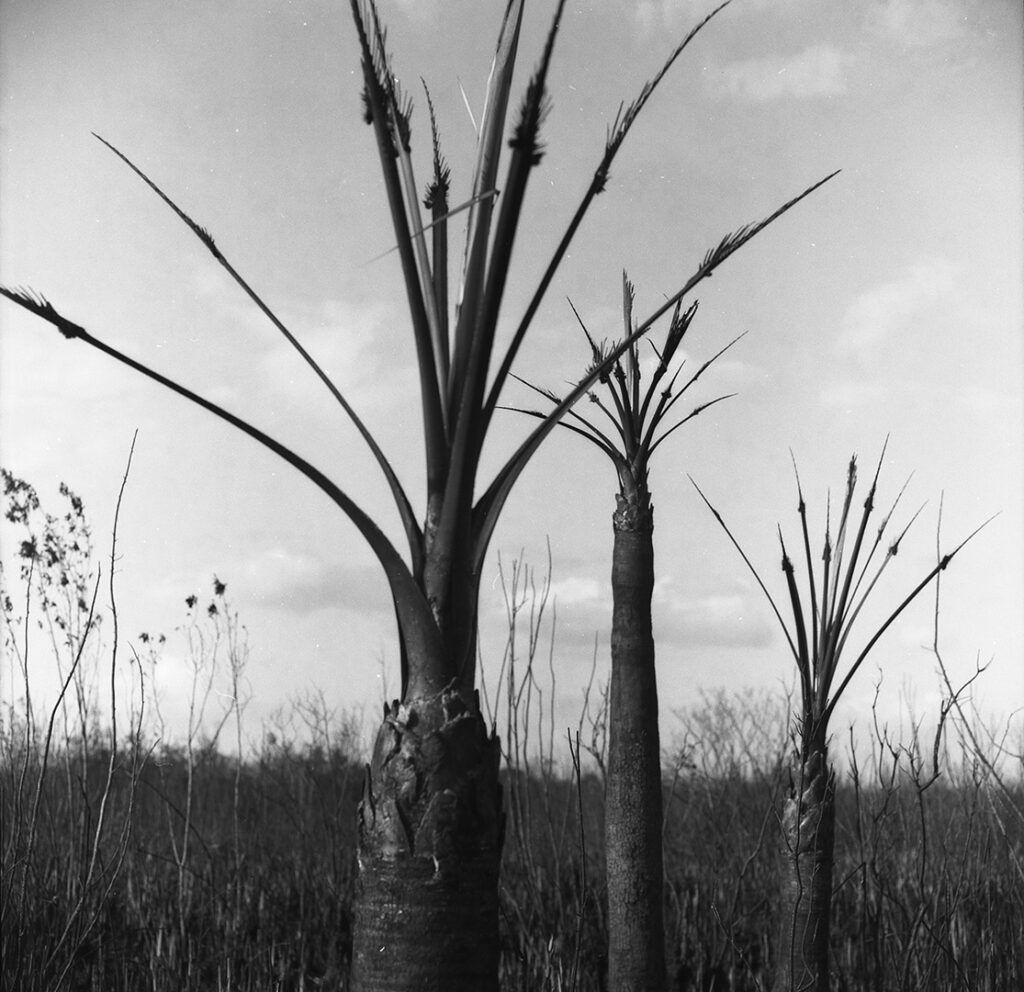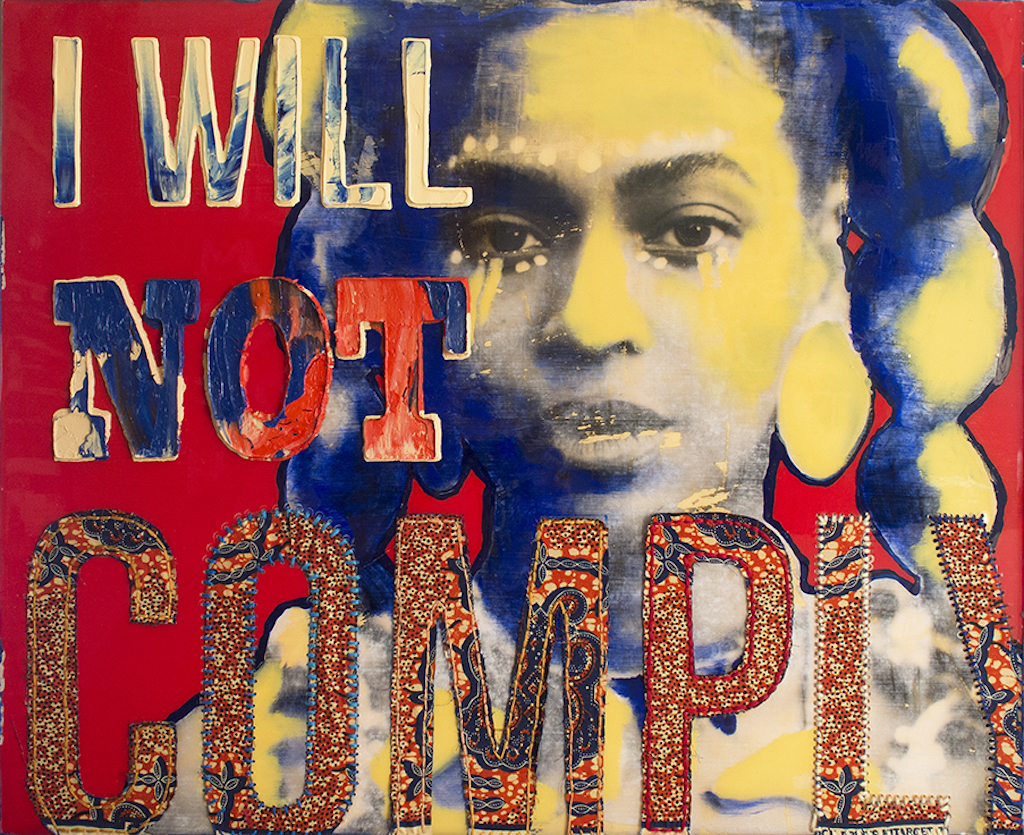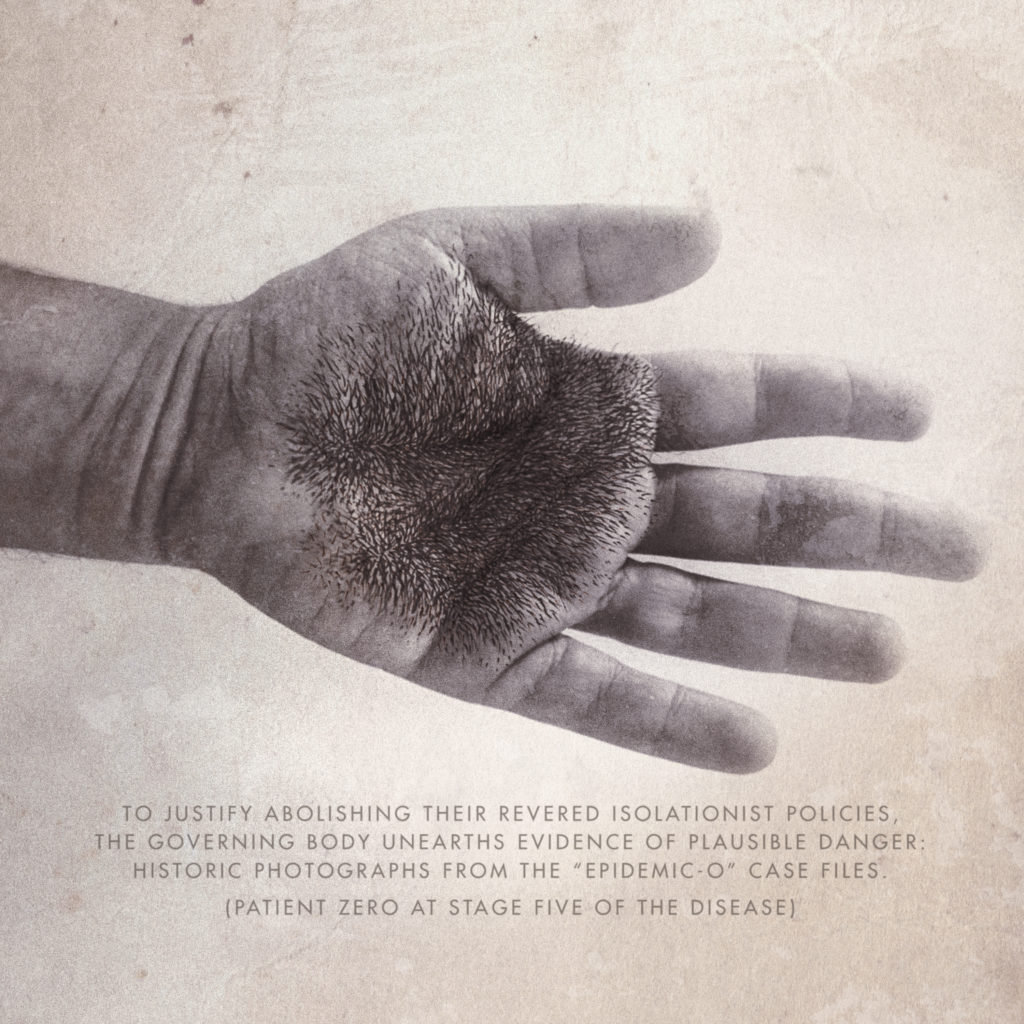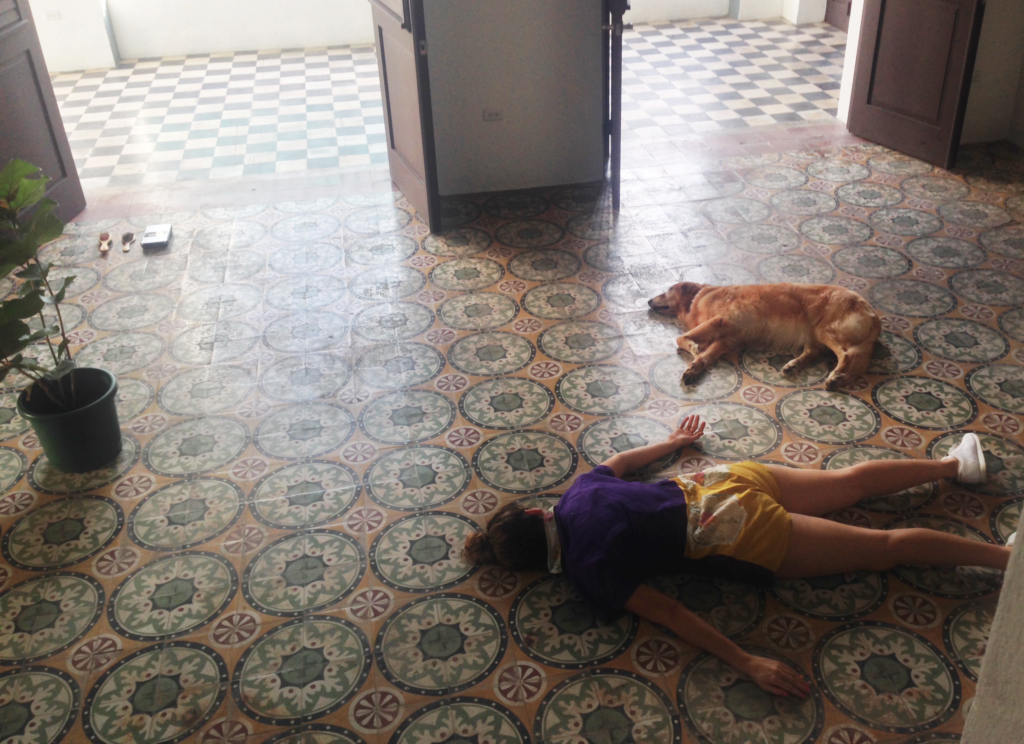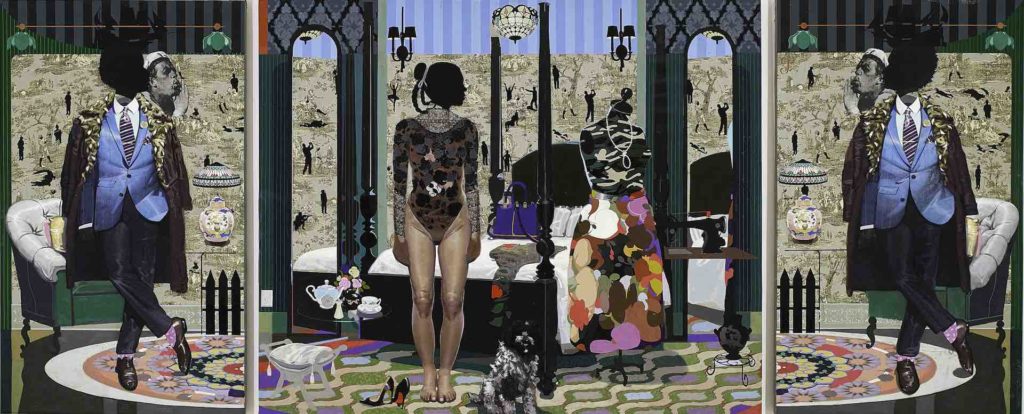Transformation through Performance: A Conversation between Shannon Alonzo and Iberia Pérez
Between October and December 2023, Trinidadian multidisciplinary artist Shannon Alonzo created the mural Play ah mas, Play yaself as part of her two-month CCI artist residency at Bakehouse Art Complex. She then intervened in the original mural through a performative action that took place December 7, 2023, during Bakehouse’s annual Miami Art Week event. This conversation explores Alonzo’s engagement with Caribbean Carnival traditions, the role the performative plays in her visual practice, and the various strategies she employed or experimented with in the creation of this piece.

